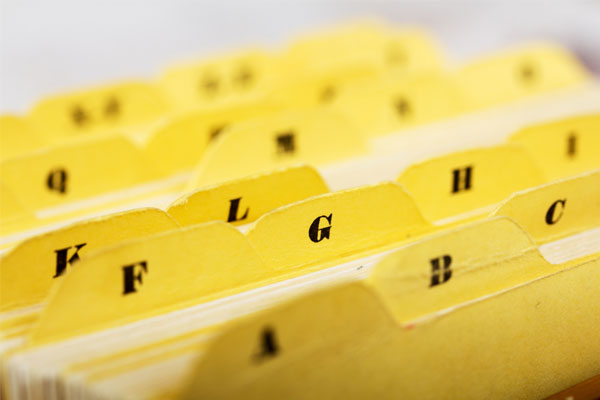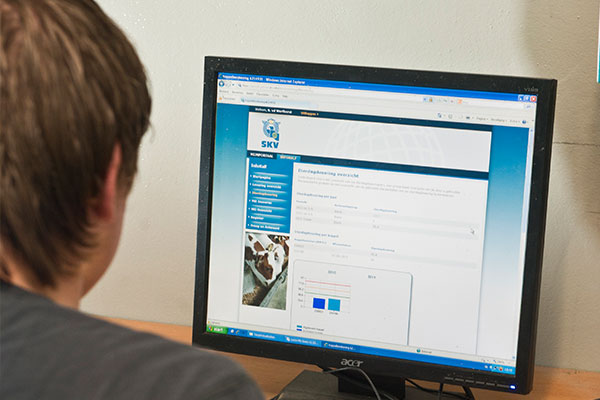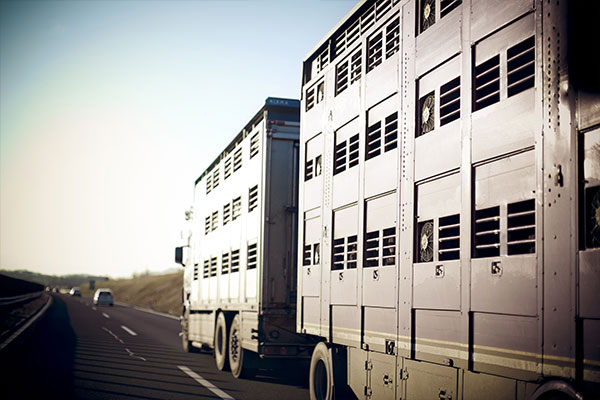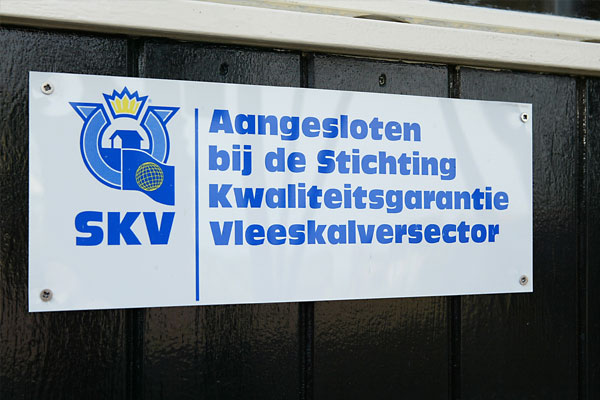admin2021-07-01T07:32:29+00:00
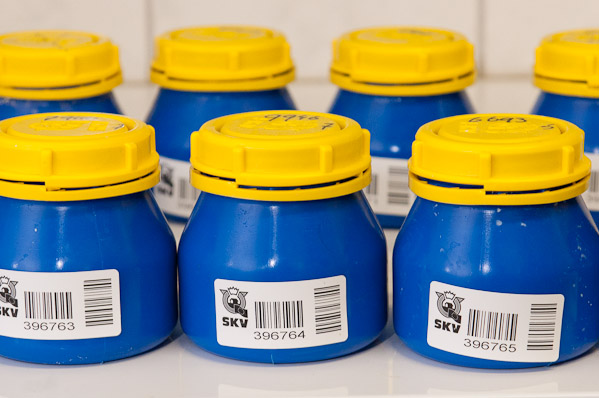
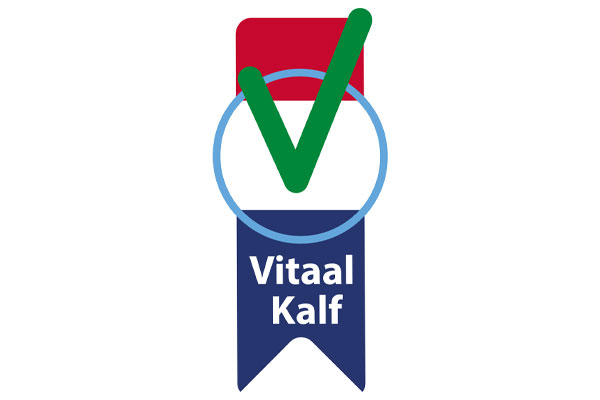
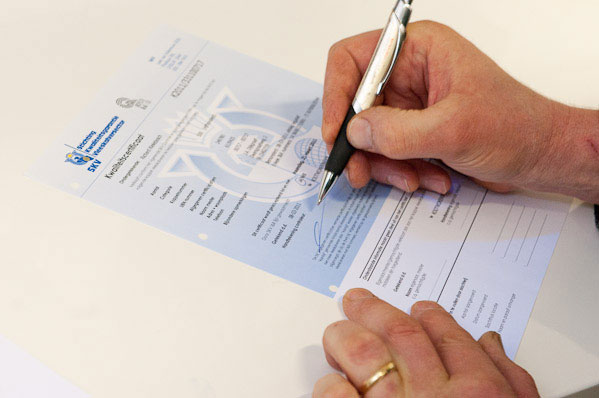
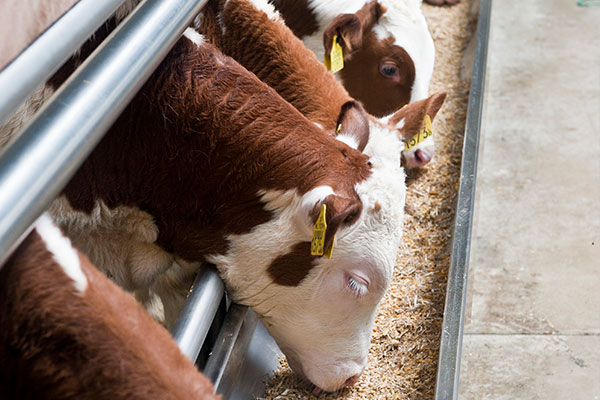
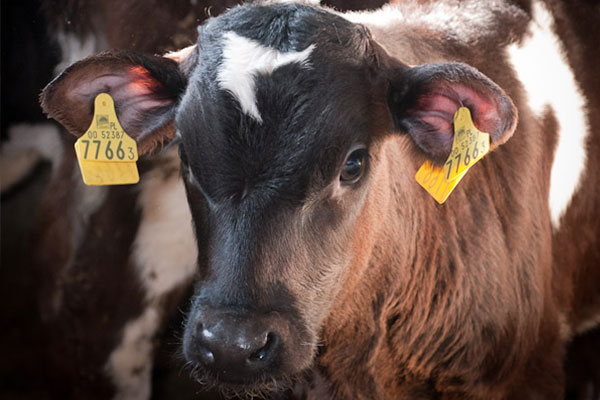
Inspections
SKV is the specialist in the field of inspections, audits and sampling in the veal sector. SKV inspectors make unannounced weekly visits to affiliated companies. During the visit, veal calves are visually checked and, among other things, urine samples from veal calves and samples from calf feeds are taken. Administrative checks are also performed and samples are taken at veal-processing companies.


Vitaal Kalf quality scheme
Stichting Brancheorganisatie Kalversector (SBK) has appointed SKV as the Certifying Body for the Quality System Vitaal Kalf. In this context, SKV performs inspections and certifications at veal farmers, processors and collection centres. Important subjects within the quality scheme include the quality of the young calf, water quality, hygiene in relation to antibiotic use, frequent use of antibiotics, transport, monitoring prohibited substances and rules for slaughtering, weighing and classifying calves of up to the age of 8 months.
Quality certificate
If, based on an inspection, the SKV inspector has no reason to suspect that the animals have been given any banned substances – and if any samples that were taken have proven that no forbidden substances were detected in the herd – a quality certificate is granted for the relevant group of animals. SKV veal calves may only be slaughtered after a quality certificate has been issued.


Food Chain Information (VKI)
As of 1 January 2009, livestock farmers are obliged to provide Food Chain Information (Voedselketeninformatie, VKI) with animals sent to the slaughterhouse. SKV provides the slaughterhouse with part of the information digitally. The veal farmer must supply another part of the mandatory information by means of a VKI form.
Coat hygiene
Animals must be delivered to the slaughterhouse in clean condition in accordance with European hygiene rules. Good coat hygiene helps to make the slaughter process as hygienic as possible. To further optimise coat hygiene, new rules have been included in the Control and Sanction Regulations as of 18 May 2020.

